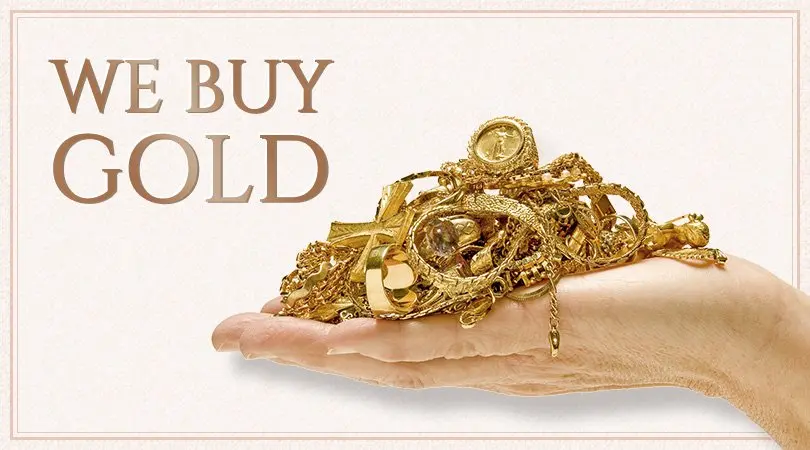Steering the Intricacies of Selling Precious Metal to Buyers in a Challenging Market
Steering the Intricacies of Selling Precious Metal to Buyers in a Challenging Market
Blog Article
Transacting gold can be a rewarding experience, but it also comes with its own set of challenges. In a competitive market, understanding how to navigate the selling process is essential for securing the optimal value for your gold. Whether you are selling jewelry, coins, or bullion, knowing the right steps to take can help you maximize your profits. This article will explore the key factors to consider when selling gold, including market trends, appraisal, and locating the suitable clients.
One of the first things to evaluate when offloading precious metals is the current market trends. Gold valuations fluctuate based on various elements, including financial conditions, price increase rates, and global demand. Staying an watch on these trends can help sellers decide the optimal time to sell. For instance, if the price of precious metals is high, it may be a favorable chance to sell. On the other hand, if prices are diminished, it might be prudent to wait until they rise. Researching market trends can provide insightful insights and help vendors make educated choices.
Appraisal is another important factor of selling precious metals. Before putting gold on the platform, it is vital to understand its worth. This entails understanding the purity of the precious metals, which is assessed in karats, and the mass of the item. Vendors should consider obtaining their gold valued by a certified expert to ensure they have an accurate assessment. An evaluation can provide a clear understanding of the gold's current worth, which can help in discussions with potential clients. Knowing the worth of the assets can also prevent vendors from accepting offers that are too diminished.
Locating the right clients is crucial in a fierce market. There are various choices available for selling precious metals, including pawn shops, online platforms, and specialized precious metals buyers. Each choice has its pros and disadvantages. For example, pawn shops may provide quick cash but often at diminished valuations, while online marketplaces can provide entry to a larger clientele but may require more work to list and transact the items. It is crucial for sellers to investigate potential clients and choose the one that matches with their transacting goals. Establishing relationships with trustworthy clients can also lead to improved offers and a smoother transacting experience.
When selling precious metals, it is also important to be cognizant of the legal and moral factors involved. Sellers should make sure that they More Help are adhering with local regulations regarding the transaction of precious metals. Additionally, being transparent about the state and history of the assets can build confidence with clients. Ethical selling practices not only safeguard the seller but also add to a positive standing in the industry. This can lead to recurring business and referrals, which are important in a competitive landscape.
In summary, selling precious metals in a competitive market requires thoughtful planning and evaluation. By staying aware about market trends, understanding the worth of assets, locating the right clients, and complying to legal and moral guidelines, sellers can navigate the challenges of the precious metals market successfully. With the appropriate strategy, transacting precious metals can be a profitable venture that fulfills the seller's monetary requirements.